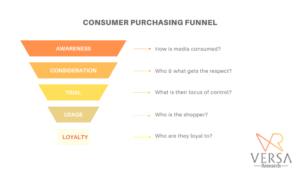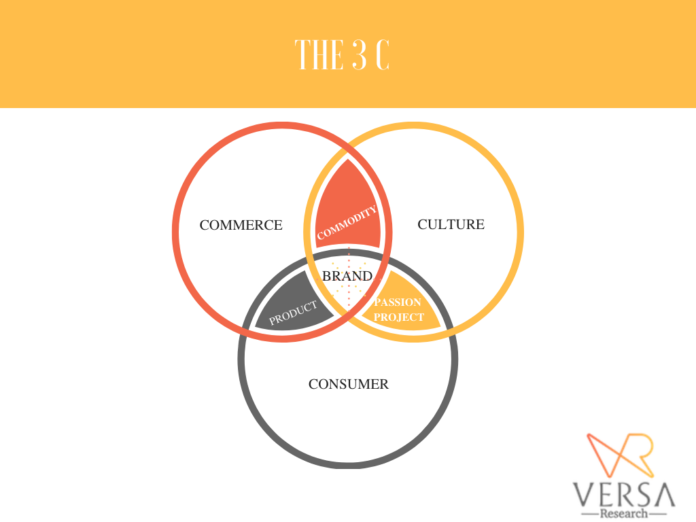According to Feyi Olubodun, author of ‘The Villager: How Africans Consume Brands’, there are three main things to understand before launching a product or service in a market.
- Commerce: what is the market structure? Is the market a monopoly? Oligopoly? Or perfect competition?
- Consumer: what is the consumer mindset and behaviour of the people consuming in the market?
- Culture: what are the innate beliefs and practices that drive their mindset and behaviour?
If you look through just the lenses of commerce and culture, you will have a commodity; a basic good.
If you look through just the lenses of commerce and consumer, you will have a product.
And if you look through just the lenses of culture and consumer, you will have a passion project that would be difficult to sell.
But if you, however, look through all three pertinent lenses of consumer, commerce and culture, you will have a brand; a distinguished and valuable product.
Many might argue there is no such thing as Nigerian culture; because Nigeria is a mosaic of multiple ethnic groups and cultures. However, there are universal cultural practices that make Nigerians different from indigenes of other countries.
To look through the lens of culture, we need to understand the stages of the consumer purchasing funnel at which culture plays a role.

Aware: The first step is being known. Radios are the most popular media channel because they are versatile, portable, accessible and affordable.
Consideration: Those who are respected are trusted. Respect is generally awarded in accordance with a socially-constructed hierarchy. Revered the most are the elderly (those above 55 years of age), those who are older than you (even by a month), those who have titles (Doctors, Lawyers, Engineers), those who are wealthy and/or occupy a high position in society, men, and most times married women.
Trial: The power to control and persuade. Nigerians are deeply religious! Even before the arrival of western religions, Nigerians had a religion and religious practices. Nigerians believe a higher power has control over their lives and their futures.
Usage: Person that shops is the person that buys. Nigeria is a very patriarchal society where male dominance and privilege is supported and circulated. The role of the woman is believed to be confined to the home; as such, women are more likely to be the shoppers of FMCGs and household products.
Loyalty: If they are loyal, they buy more. Nigerians are loyal to their parents, elders in their family and religion.
By understanding the Nigerian culture we will better communicate with Nigerians at different stages of the funnel.




